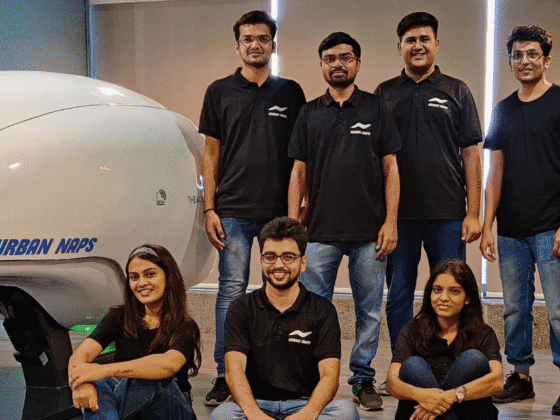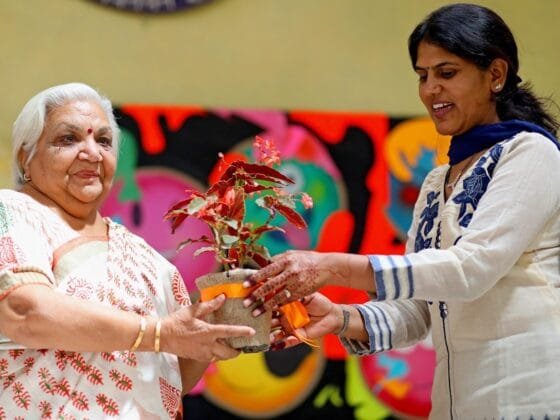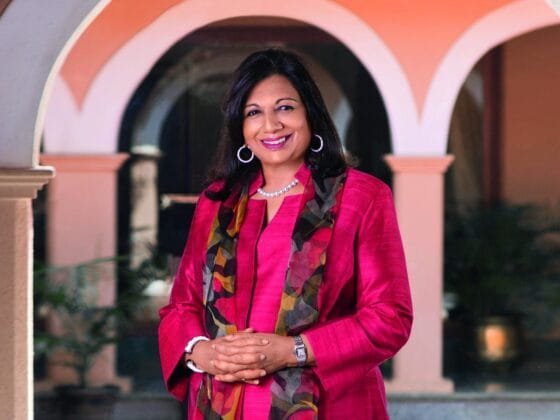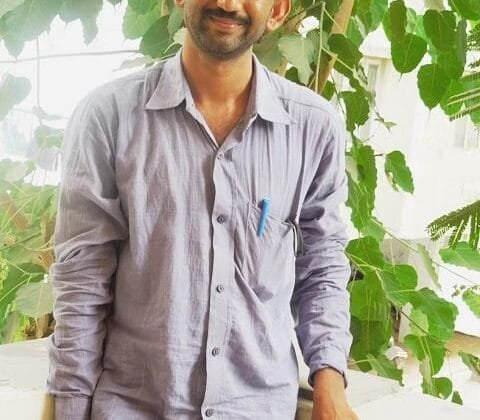Indian Lawyers Who Changed the System for the better
Introduction
Jokes about lawyers don’t help portray the law as a noble profession, but law practitioners should strive to be constructive agents of change and sources of inspiration for the public. This is most obviously displayed when lawyers volunteer their time, money, and effort to do pro bono work. While representing major corporations might bring in big income, the desire to fight for the rights of the poor and oppressed is what makes lawyers so powerful. It’s no secret that India has historically produced outstanding lawyers who have made not only names for themselves but also left an indelible impact on the country’s rule of law and public order as a whole.
Vahanvati

Throughout Vahanvati’s career as one of India’s most sought-after lawyers, no shortage of notable events kept him in the public eye. United Progressive Alliance (UPA) appointed Vahanvati as India’s solicitor general in 2004. As attorney general in UPA 2, he came to prominence. Vahanvati rose to the position of senior counsel in 1990, and throughout his legal career, he was noted for his uncompromising adherence to the law.
He was one of those people who never flinched away from a position of responsibility in society. He turned down several social invites and avoided hanging out with the “wrong” crowd at all costs. A network of networks was never Vahanvati’s intention. He served as Maharashtra’s Advocate General from December 1999 until June 2004, when he stepped down. His promotion as Solicitor General of India ultimately came in the same year.
When he looked back on his legal career, it was amazing to contemplate. Goolam Vahanvati’s career has been marked by controversy, from the collapse of the Bihar legislature to the 2G fraud. Many lawsuits were contested and won during his time as Maharashtra’s advocate general.
Vahanvati was the state’s PIL representative in the Rs. 60,000 crore-worth of bogus stamp paper fraud (Public Interest Litigation).
While serving as advocate general, he effectively fought for the inclusion of OBCs in high education institutions. In the Dabhol power plant lawsuit, he represented the Maharashtra government. The Kudankulam nuclear facility, Rajiv Gandhi’s murder, Italian marines, and FDI policies are just a few notable incidents in his career. In September 2004, the International Cricket Council hired Vahanvati and Steven Majied to investigate allegations of racism in the sport.
Vahanvati, one of India’s first pioneering attorneys, was noted for his intellect and dedication. He dealt with more than 30 cases and had an incredible recall on a daily basis. While he was in court, young attorneys would show up and spend hours listening to what he had to say about his cases. Without even realizing it, he had served as a mentor to many legal students.
Seema Samridhi

A landmark in India’s history of a law change for sexual assault victims was achieved by Seema Samridhi following the Nirbhaya gang-rape case in 2012. Many people are surprised to learn that this was her first case, as she is most known for her tireless efforts on behalf of Jyoti Singh, who was sentenced to death in 2020.
A legal trainee at the time, she became a Supreme Court lawyer and took up the case in 2014. In an interview with SheThePeople, Samridhi says, “It’s a struggle for all the women globally.” Anybody may become Nirbhaya.” The truth is that this is what is going on. “Similar instances keep coming to me even after the hanged inmates were executed.”
Ram Boolchand Jethmalani

To become one of India’s most successful civil and criminal lawyers, Jethmalani had to take on several politically charged cases. One of his clients was Harshad Mehta, who was accused of stock market fraud, L K Advani in the Hawala controversy, and Amit Shah in the Sohrabuddin fake encounter, among other things. Atal Bihari Vajpayee’s successor as prime minister, Atal Bihari Vajpayee, appointed him as the urban development minister in 1996. He served as the minister of law in the Vajpayee cabinet.
He subsequently fought the 2004 general elections from Lucknow against Vajpayee. In 2010, he rejoined the BJP and was elected to the Rajya Sabha from Rajasthan, where he now serves.
After becoming president of the Supreme Court Bar Association that year, he became an elected member of Congress. Jethmalani has had multiple high-profile disagreements with the BJP leadership, particularly with former Prime Minister Vajpayee. Pavitra Hindustan Kazhagam, a political party, founded by him in 1995, aims to create “Transparency in the operation of Indian Democracy.”
Menaka Guruswamy
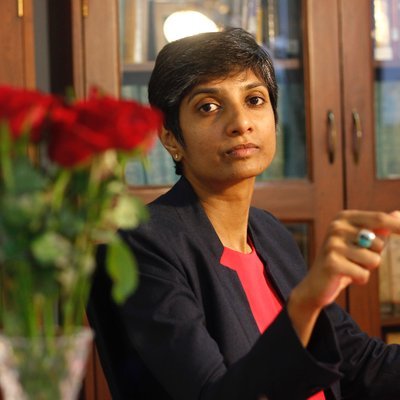
Menaka Guruswamy, a senior Supreme Court advocate, has been involved in many high-profile cases in India, including the decriminalization of Section 377 in 2018. Arundhati Katju, Guruswamy’s girlfriend and fellow lawyer, worked with her to overturn colonial-era legislation prohibiting consensual same-sex relationships. For Guruswamy and the rest of the LGBTQIA+ community, the couple’s reforms paved the way for a more dignified existence.
The painting of Guruswamy hangs in Oxford’s famous Milner Hall, where it marks the second time a woman and the first Indian have both been honored. Listen to Guruswamy’s interview with us right now.
Conclusion
The average person can’t go to any of the courts in India without a lawyer since they lack the necessary legal expertise and cannot comprehend the legal terminology.
Lawyers are the cornerstones of the legal profession since the constitution grants citizens a slew of basic rights and responsibilities. As a result, advocates have their own set of rights and obligations. A lawyer’s job entails various responsibilities toward clients, the courtroom, their colleagues, and the broader community at large.

 Add to favorites
Add to favorites



